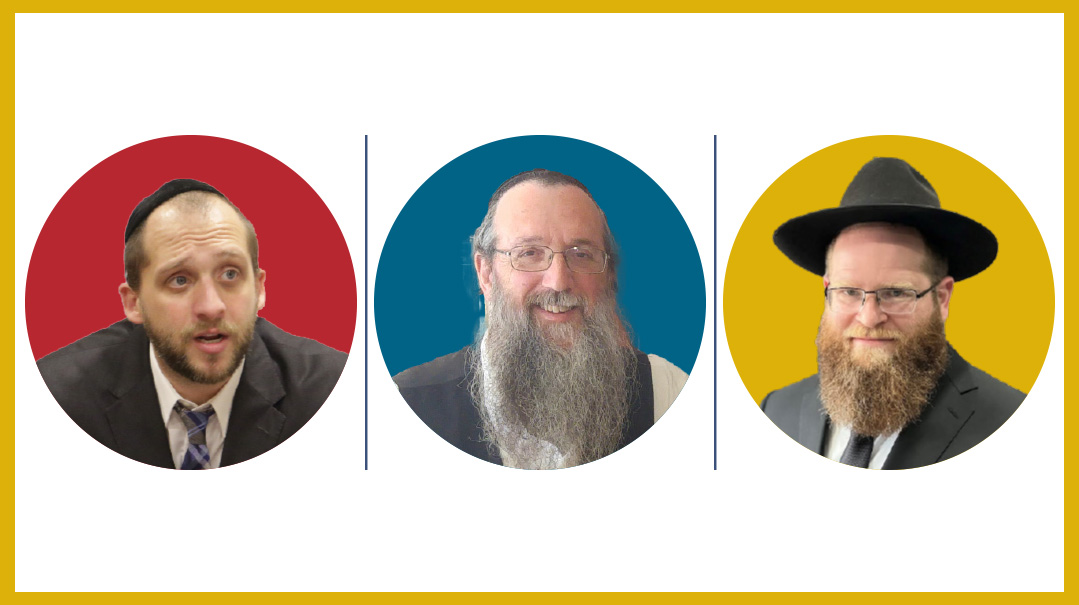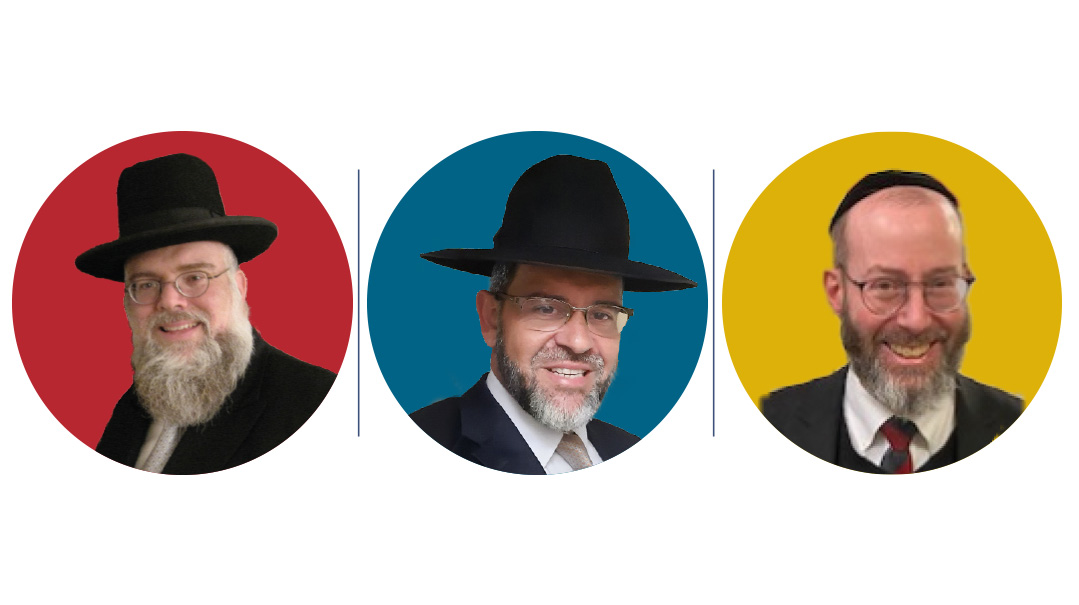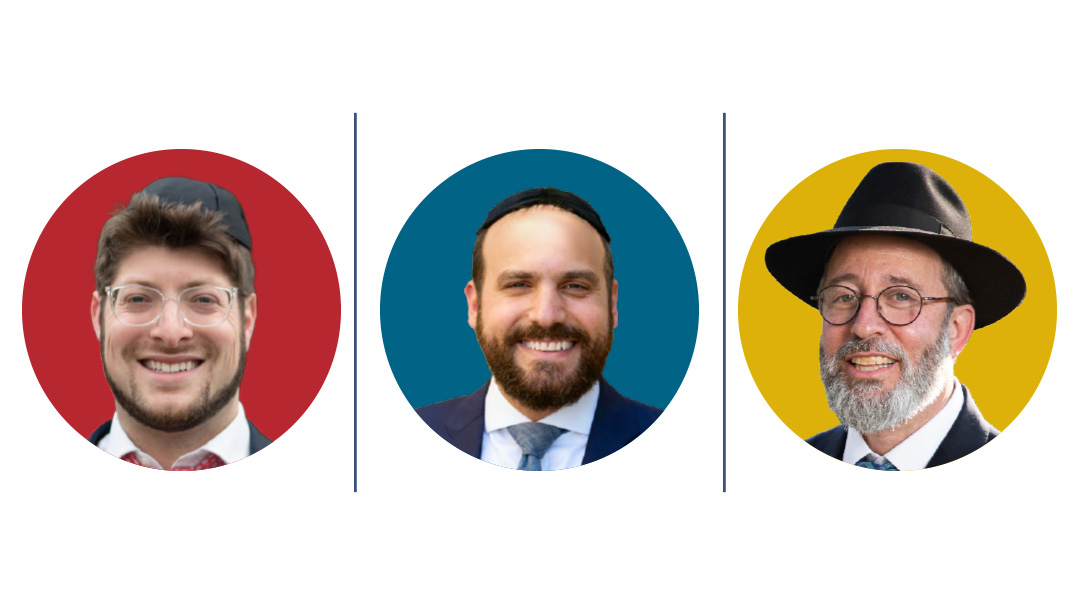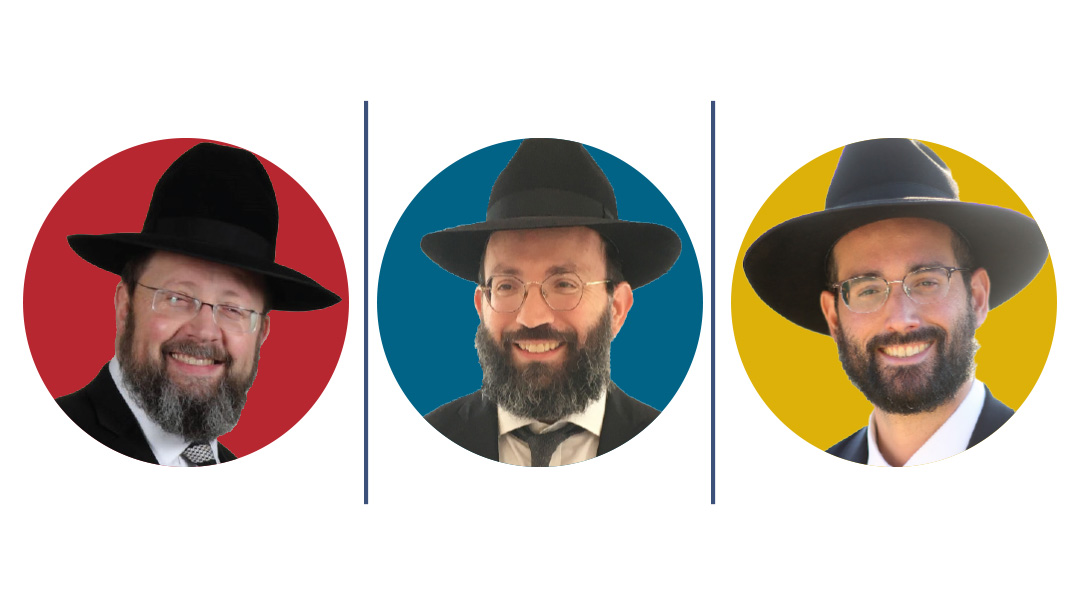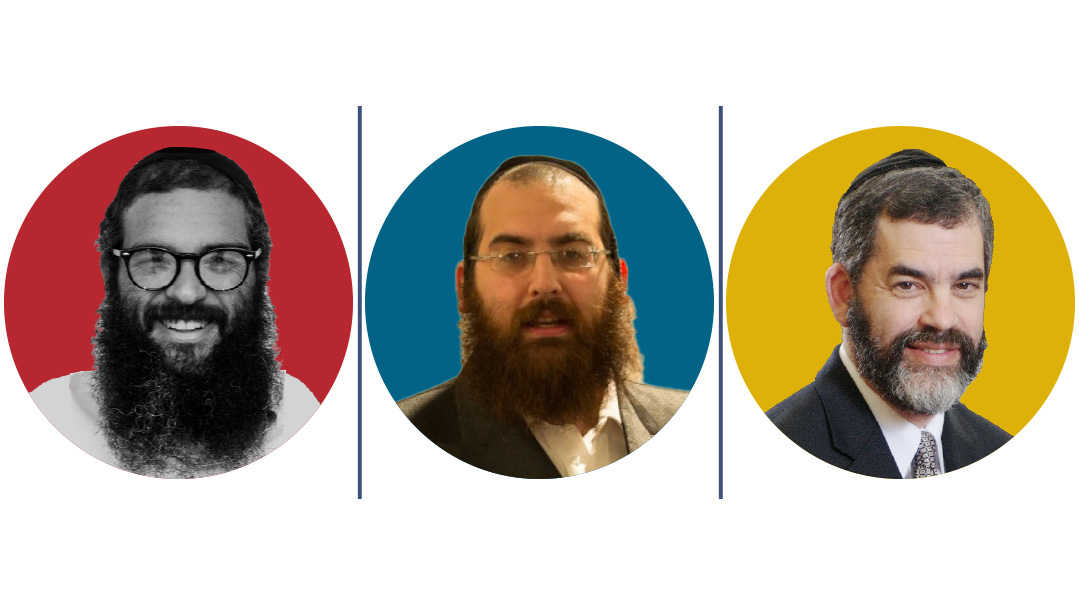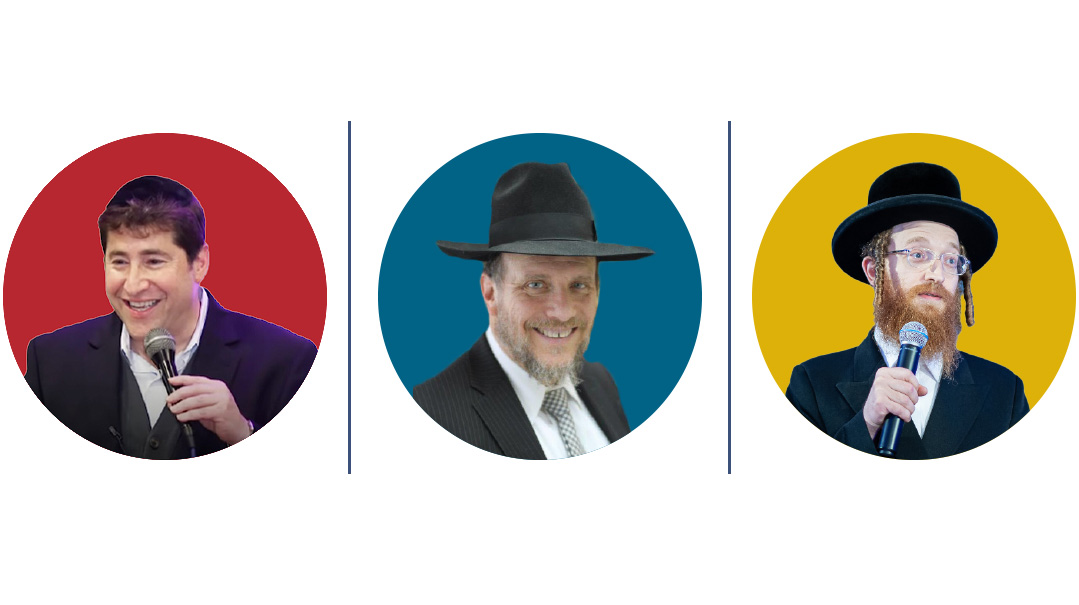The Claim: It’s Okay Not to Have a Personal Rav If You Listen to a Lot of Shiurim on a Regular Basis

"A shul rav, a rebbi, a rebbetzin — these relationships are more than just information, more than just delivering content that’s inspiring, education"
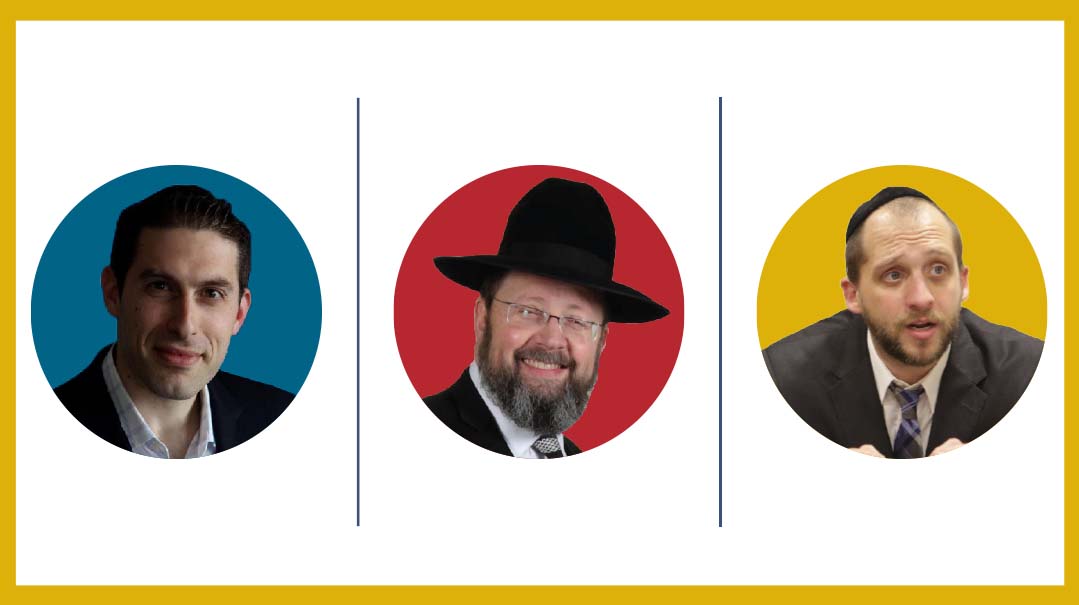
The claim: It’s okay not to have a personal rav if you listen to a lot of shiurim on a regular basis.
Agree, Disagree, and Why?
Mr. Charlie Harary
DISAGREE
Back when I was in law school, a professor would repeatedly tell us that when someone has a hard time integrating something they know to be true, there’s a natural tendency to question its veracity. So when we find it hard to follow a law, rule, or best practice, over time we tend to begin questioning whether that law is applicable or valuable. It’s as if we’re saying — the flaw isn’t in my integration of the rule, the flaw is in the rule itself.
When I hear people questioning whether they need a rebbi, I remember that principle. Because that’s exactly what’s happening.
People aren’t really questioning whether a shul rav or rebbi could possibly be replaced by something on the screen. They’re saying, “I know I need a rebbi, a rav, a rebbetzin, but I can’t seem to find one. Is it okay if I settle for a bunch of very inspiring online shiurim instead?”
The answer is no. Now, online shiurim are great. I’m a massive fan of all the platforms and am so moved when I see people digesting Torah at levels unheard of before. It’s a wonderful phenomenon that we’re blessed to have. But it can never replace the mentorship, care, and concern of a person who has dedicated their life to Torah, who sees the world through the prism of Torah, who can integrate your circumstances with Torah, and can guide you through the different moments of your life.
A shul rav, a rebbi, a rebbetzin — these relationships are more than just information, more than just delivering content that’s inspiring, education. These people help you integrate, process, and navigate. They help you bring your knowledge into the realm of your heart.
When the Divrei Chaim of Sanz was asked what he did for a living, he said, “I build bridges. And the largest bridge in the world is the bridge between the mind and the heart.” This bridge between knowing information and bringing in into our daily actions, our consciousness, our habits, is very hard to construct. Its sheer size is the reason we can know something to be right and still fail to keep it.
What a rav or rebbi does is help us bridge that gap. That’s why we must keep davening and searching for a personal rav, even though it’s very hard these days to find one. Because that kind of guidance is one of the most valuable commodities you can have.
Charlie Harary is a business executive and international lecturer.
Rabbi Avrohom Neuberger
DISAGREE
Talk about a no-brainer! The mishnah in Avos says “Asei lecha rav,” which means, according to the Meiri, that “one should appoint someone to act as his father and leader, and to listen to his advice in all matters.” He continues that “when it comes to one’s personal matters, even the wisest of all wise men cannot see that which others can see.” So everyone, even a rav — or perhaps especially a rav — needs someone he trusts to confer with and to assign as his rav.
But if I may share a warning: Be careful when choosing a family rav who will serve as your spiritual guide. Charisma, eloquence, and personal charm are not the character traits you should be seeking. [Several years ago, during a closed-session Agudah rabbinic meeting about abuse, a very experienced rav turned to me and said, “When an extreme personal dynamo has so much charisma that the whole social dynamic changes as soon as he enters a room — he is the person we have to be concerned with.”]
Instead of seeking charisma, here is a short list of the traits that one should be seeking in his rav or mentor.
Yiras Shamayim. I realize that sounds vague, but most people have a “nose” for someone whose concern for kevod Shamayim is authentic. Further, the rav’s level of yiras Shamayim should give you the sense that he is living his life on a higher plane than you.
Think of it this way. If a non-Jew observed you being upset at your ten-year old for turning on a light on Shabbos, he would be confused: What did the kid do? But you know that the non-Jew is not living in your world, nor with your sensitivities. So too — you should have a feeling that your rav’s sensitivities to devarim sheb’kedushah are more refined than your own.
Humility: The rav should feel comfortable saying at times that he does not know, that he wants to confer with someone else, or that he was mistaken. [Just look how often Rashi says he does not know!] We do not have neviim or Urim V’Tumim nowadays. The rav should be able to explain to you his eitzah and thought process. [In the case of halachah, this does not necessarily apply.]
A good listener. Your rav should be someone who understands you and to whom you feel comfortable talking.
Someone you admire: The rav should be someone who exemplifies ideals that you value, be they his wholesome family, his avodas Hashem, his Torah, his wisdom — preferably all of the above.
The bottom line: A good family rav can be the critical factor in leading you toward a happy and Torahdig life.
Rabbi Avrohom Neuberger is the rav of Congregation Shaarei Tefillah of New Hempstead and the author of Positive Vision, a Chofetz Chaim Heritage Foundation project (ArtScroll/Mesorah).
Rabbi Gavriel (“Rav Gav”) Friedman
DISAGREE
Although listening to shiurim is very praiseworthy and a lofty endeavor, and is certainly a great use of time, it cannot take the place of a personal rav.
Shiurim are an excellent source of learning hashkafah, halachah, machshavah, or even for finding that one-off quick devar Torah. However, they cannot replace a personal connection with a rav. There is so much more than what meets the eye when going through something in life, either halachically or hashkafically. What may seem like a simple, insignificant detail to you, may make all the difference in a different psak or hadrachah. A personal connection with a rav is a game changer!
The mishnah is Avos instructs us, “asei lecha rav — make for yourself a rav.” A shiur does not take the place of an actual person who you can call and from whom — by virtue of the fact that you have that personal connection — you can walk away with a clear, custom-tailored answer. A shiur is given to a very large audience and the topic is usually not tailor made to your specific issues.
Therefore, I would have to say, in my humble opinion, that listening to shiurim and having a personal Rav are both worthwhile. Listen to shiurim and learn from them, but make sure that you have a Rav in order to help guide you to become the best you that you could be.
Rabbi Gavriel Friedman (Rav Gav) is a Maagid Shiur and international lecturer, who travels around the world helping Yidden deeper their relationship with Hashem.
(Originally featured in Mishpacha, Issue 895)
Oops! We could not locate your form.

